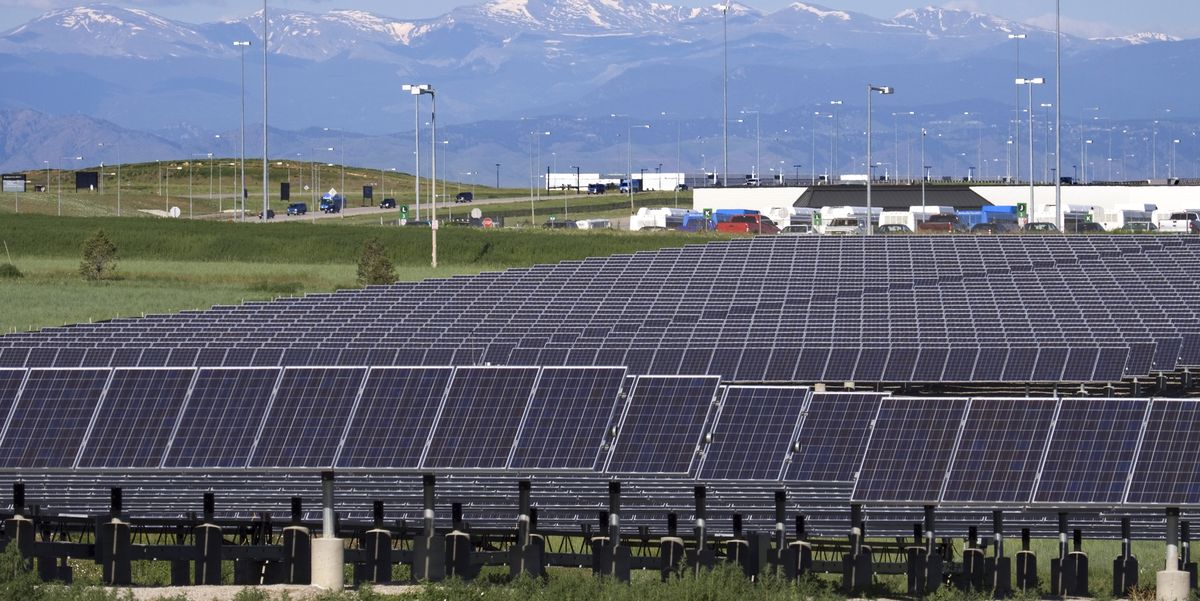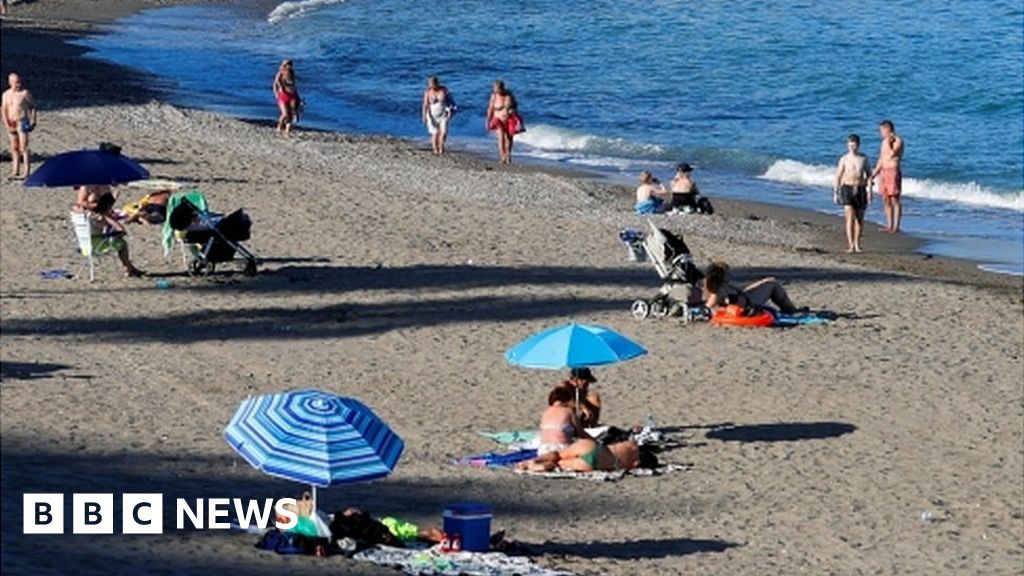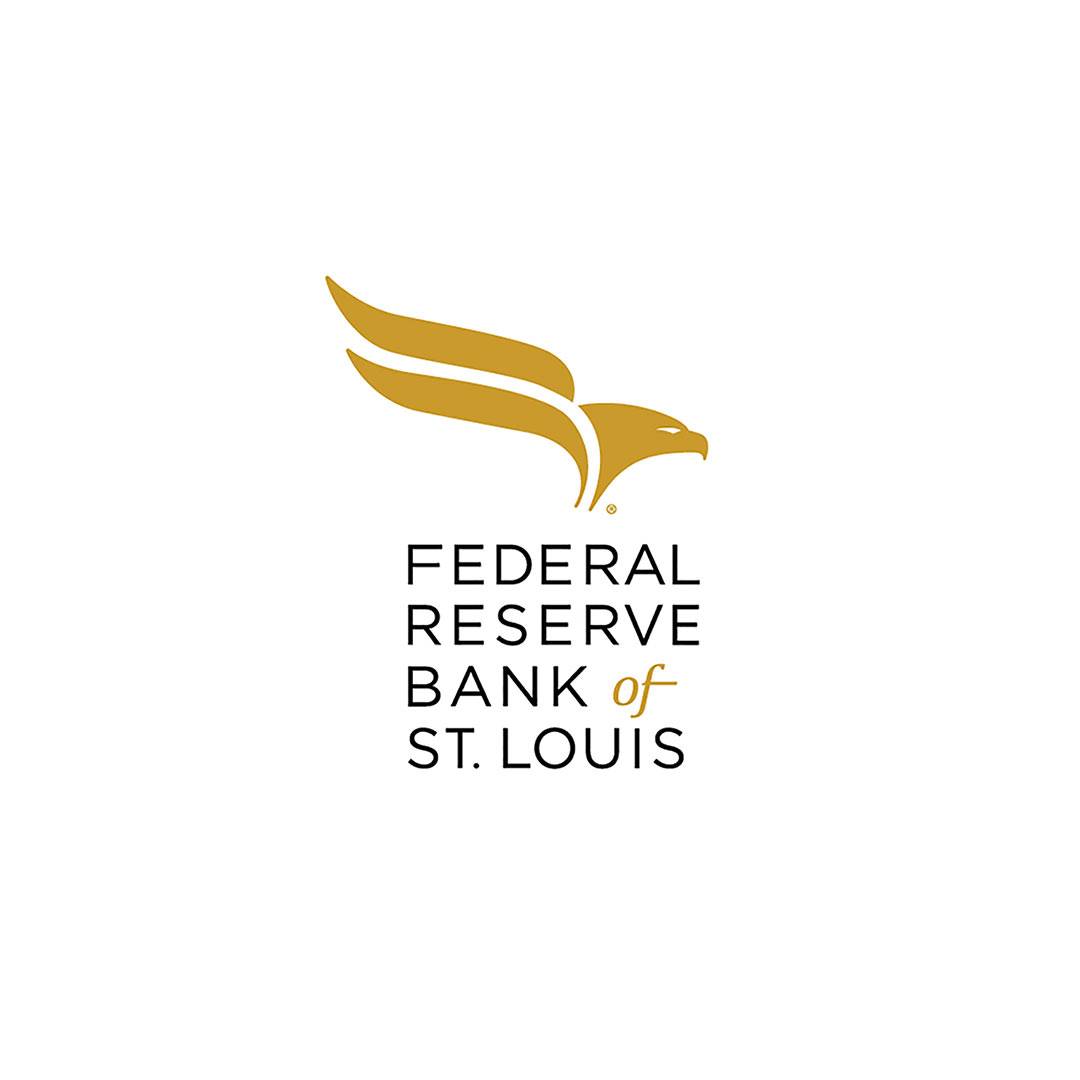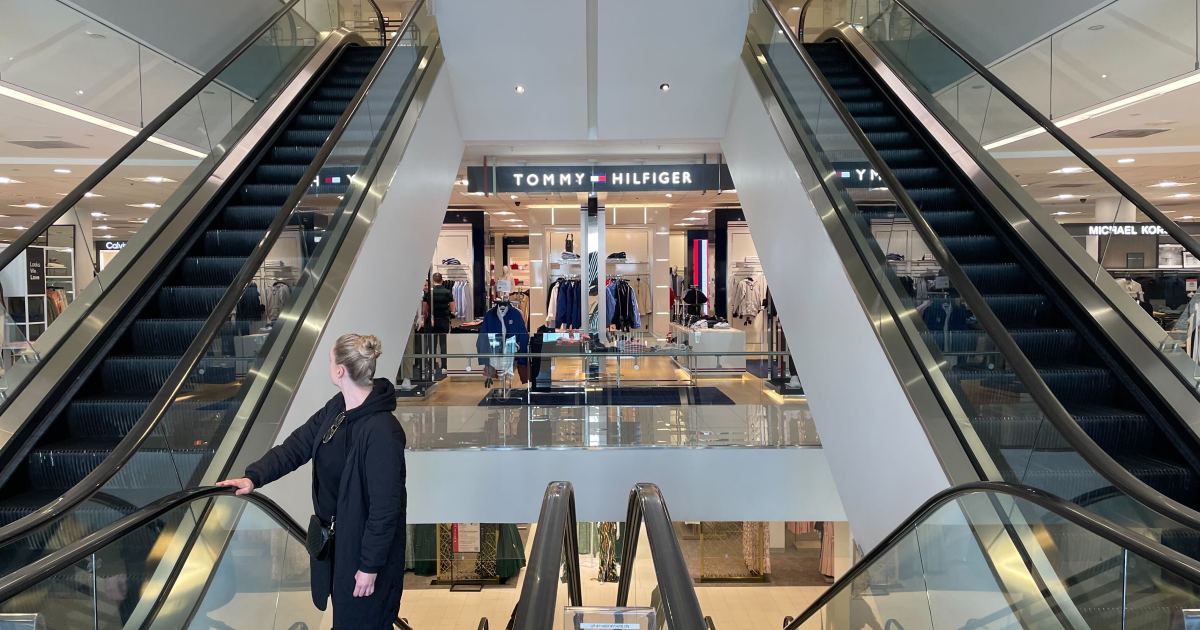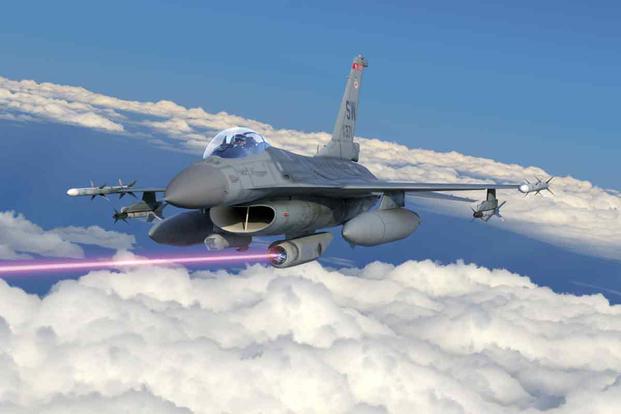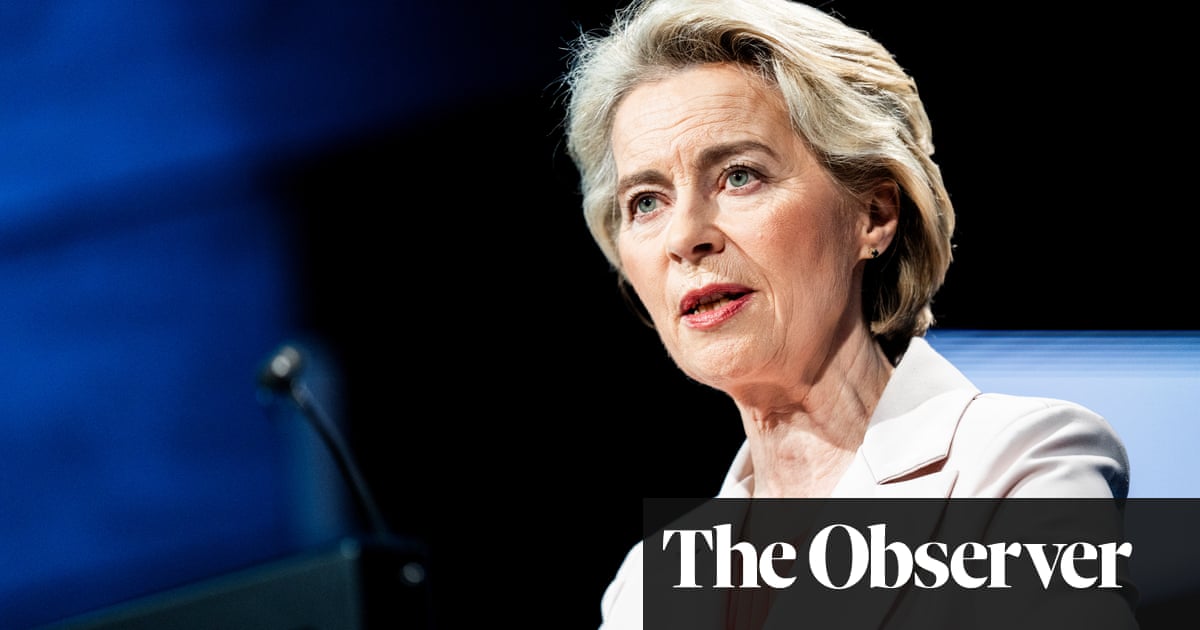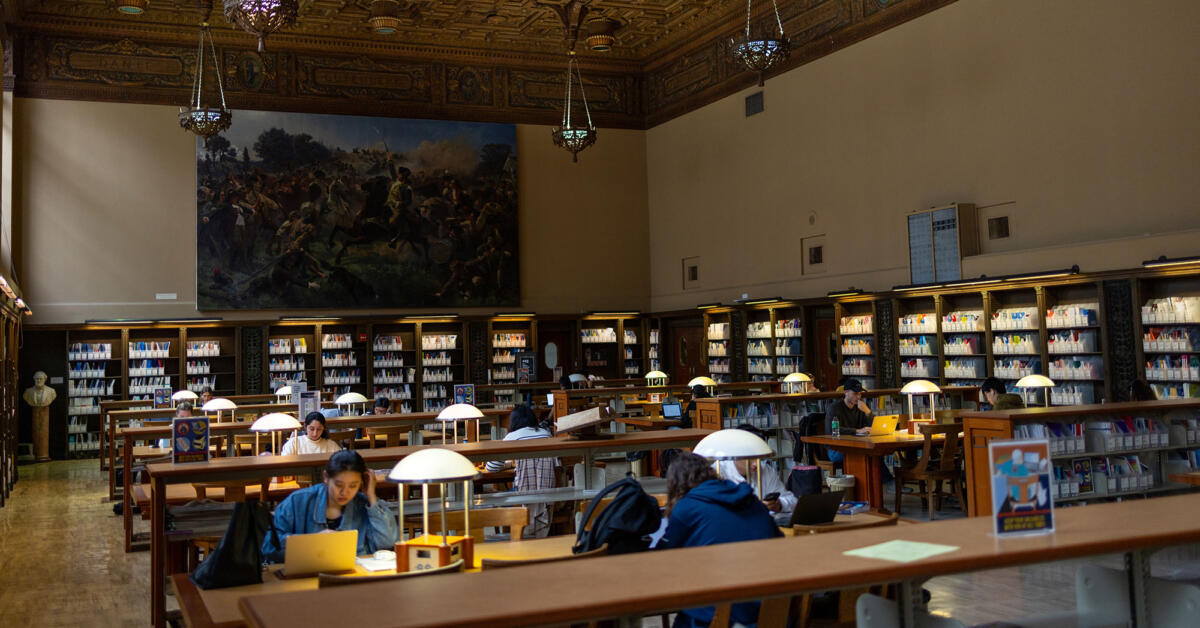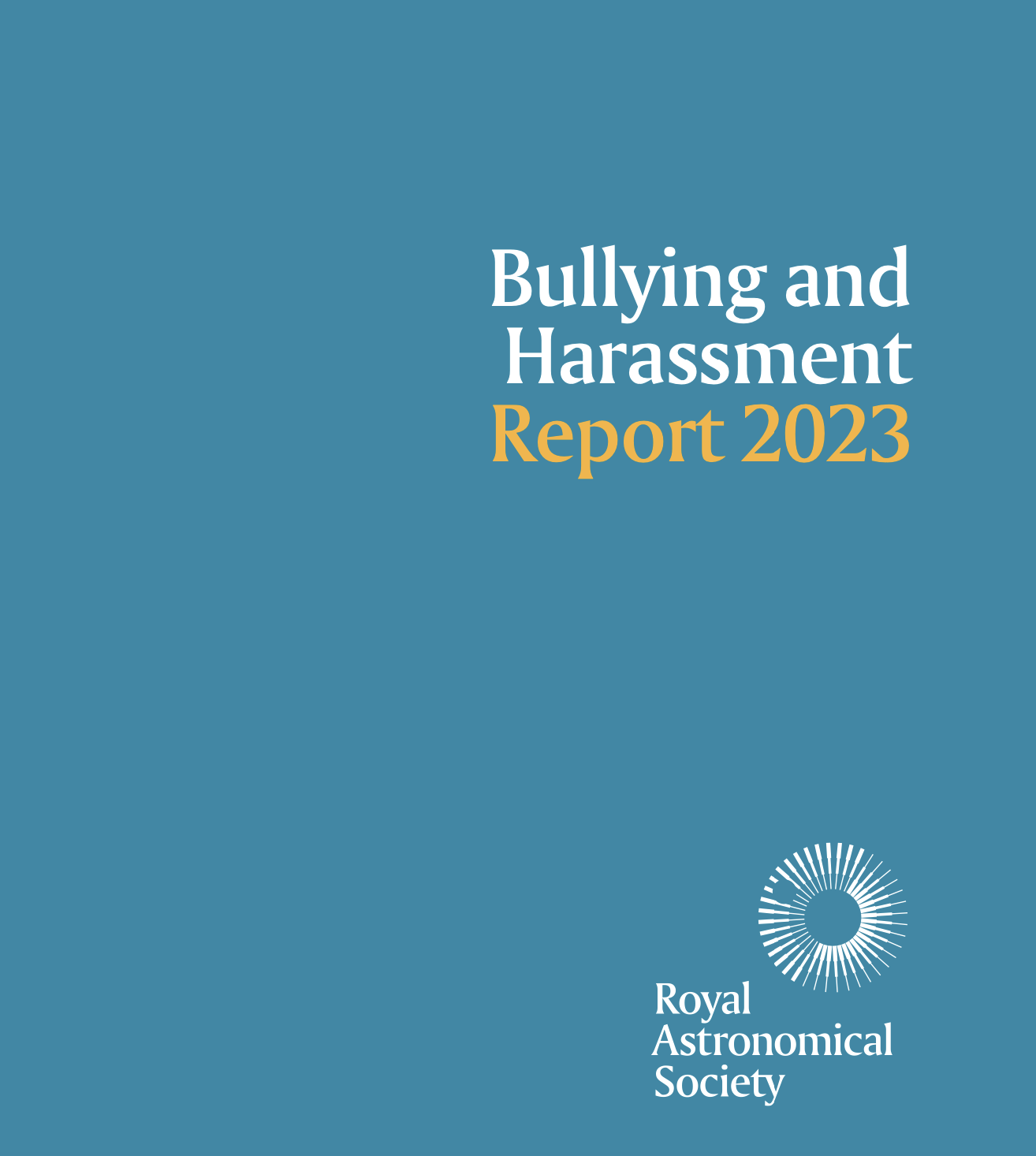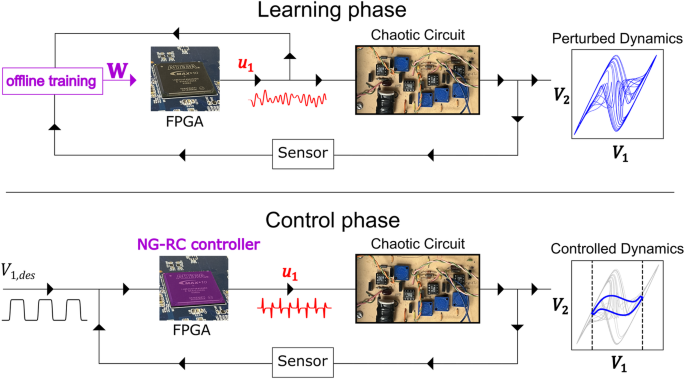
Waiting in Airports - by Michael Druggan - Metarational
Long ago I read this quote. At the time it was attributed to an anonymous eccentric professor. The quote has quite a few layers and it’s topical right now because I personally came very close to missing my flight on my recent vacation. So I would like to spend this post analyzing the various layers of this quote and I think we’ll touch on quite a few interesting points along the way.
To start off with, what is the surface meaning of the quote? What is it getting at by suggesting that we should sometimes miss flights? What it’s getting at is the idea of tradeoffs. How do we avoid missing a flight? By aiming to arrive at the airport earlier. The earlier we aim to arrive the more of a buffer we have against unexpected delays that otherwise might cause us to miss our flight. Unexpected delays could be things like car crashes on the highway while driving to the airport, extra-long lines at baggage check or security, oversleeping an alarm or anything else you can think of that might cause you to be later than you expected. But aiming to arrive earlier isn’t completely free. In the case that we don’t have any unexpected delays every minute we arrive early to the airport is an extra minute that we have to spend waiting at our gate. Which is not an activity that most people find to be a particularly fun or productive use of their time. So, aiming to arrive earlier has both a cost (the extra time spent waiting at the airport) and a benefit (the reduced chance of a missed flight) and aiming to arrive later also has both a cost (the increased chance of missing a flight) and a benefit (the reduced time waiting in the airport). So, which one should we do? well, that depends on which benefit is higher which in turn depends upon many factors one of the largest of which is what time are we currently aiming to arrive. If we are currently aiming to arrive 15 minutes before the gate closes, we are risking a very significant chance of missing our flight if anything goes wrong and thus it would almost certainly be worth it to spend an extra 15 minutes in the airport by aiming to arrive 30 minutes early instead in order to significantly reduce our flight missing probability. On the other hand, if we are currently aiming to arrive 5 hours early, we can easily save ourselves an hour by aiming to arrive 4 hours early instead and the increase in flight missing probability will be very small as 4 hours is still a huge buffer. To summarize if the marginal cost (ie the small amount of time we spend to arrive at the airport earlier) is less valuable than the marginal benefit (the small amount of reduced flight missing probability we enjoy from aiming to arrive a little earlier) then we should aim to arrive earlier. If the marginal cost is more valuable than the marginal benefit we should aim to arrive later. And somewhere in the middle there will be a point (or possibly multiple points depending on the shape of the marginal benefit curve) where the marginal cost equals the marginal benefit, and this will be the ideal time to shoot for. So, what is that optimum? that depends upon a lot of factors, and it will likely be different for each person and each flight. The goal here isn’t to find a specific number but to understand the factors that go into the calculation.
The idea of thinking in terms of tradeoffs and setting the marginal benefit equal to the marginal cost is ubiquitous in economics but may seem strange or overly cold to people not used to it. Most people instead use a more intuitive form of reasoning, going by what seems “reasonable”. This intuitive thinking sometimes captures most of the important considerations but other times it can have serious deficits.
